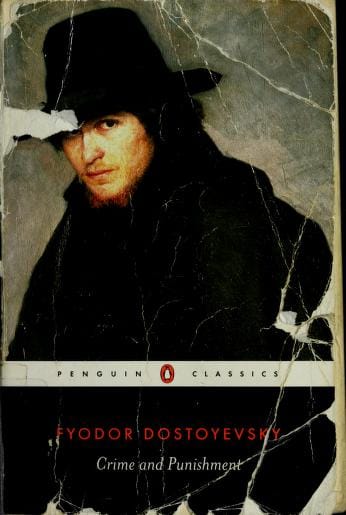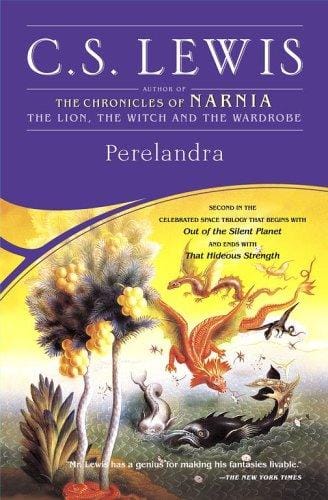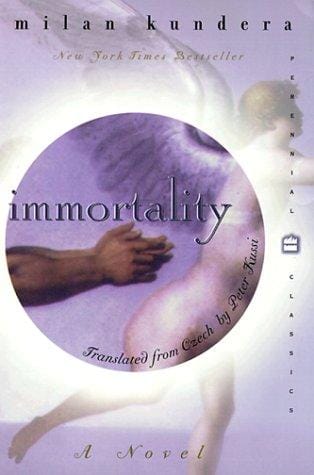Crime and Punishment (Penguin Classics): A Deep Dive into Dostoevsky’s Masterpiece
Explore themes, characters and the lasting relevance of Dostoevsky's Crime and Punishment with our guide to the definitive Penguin Classics edition.

Introduction
Few novels probe the human soul as relentlessly as Fyodor Dostoevsky’s "Crime and Punishment." First published in 1866 and still fiercely debated today, the book follows the tortured mind of Rodion Raskolnikov, an impoverished ex-student in St. Petersburg who commits a brutal double murder. This blog post explores the novel’s plot, themes, characters, and cultural legacy while explaining why the Penguin Classics edition remains the definitive English translation for modern readers.
Plot Overview
At its core, "Crime and Punishment" is a psychological thriller wrapped in philosophical inquiry. Raskolnikov, convinced that certain extraordinary individuals possess the right to overstep moral laws, murders a pawnbroker and her innocent sister. Expecting liberation, he instead spirals into paranoia, illness, and overwhelming guilt. The relentless detective Porfiry Petrovich closes in, while Raskolnikov’s relationships—with his pious friend Sonya Marmeladov, his devoted sister Dunya, and the manipulative Luzhin—tighten the emotional noose. Ultimately, Raskolnikov confesses and is sentenced to Siberian penal servitude, where the possibility of spiritual redemption glimmers.
Themes and Analysis
Moral Philosophy and Nihilism
Dostoevsky pits utilitarian rationalism against Christian compassion. Raskolnikov’s ‘extraordinary man’ theory, influenced by nihilist currents in 19th-century Russia, collapses under the reality of bloodshed. The novel argues that intellectualized ethics divorced from empathy lead to ruin.
Guilt and Redemption
The book’s heartbeat is guilt. Unlike typical crime fiction that centers on external pursuit, "Crime and Punishment" explores internal torment. Raskolnikov’s confession is less a triumph of policing and more an act of spiritual surrender. Dostoevsky suggests redemption is attainable only through suffering and love—embodied by Sonya’s unwavering faith.
Urban Alienation
St. Petersburg is depicted as a feverish, claustrophobic maze. Crowded tenements, oppressive summer heat, and the constant clang of commerce mirror Raskolnikov’s mental turmoil. The city itself becomes a character, illustrating the dehumanizing effects of poverty and rapid industrial change.
Character Study
Rodion Raskolnikov: A brilliant yet destitute student, he oscillates between icy calculation and impulsive compassion. His complexity invites readers to grapple with their own capacity for both cruelty and empathy.
Sofya (Sonya) Marmeladov: Forced into prostitution to feed her family, Sonya embodies sacrificial love. Her gentle piety provides the moral counterpoint that eventually guides Raskolnikov toward confession.
Porfiry Petrovich: The shrewd investigator employs psychological cat-and-mouse tactics, preferring conversation over coercion. His probing dialogues expose cracks in Raskolnikov’s rationalizations.
Dunya and Razumikhin: Dunya’s courage and Razumikhin’s loyalty offer glimpses of healthy human connection, contrasting sharply with the novel’s darker relationships.
Why Choose the Penguin Classics Edition?
Multiple English translations of "Crime and Punishment" exist, but the Penguin Classics edition, translated by David McDuff, is acclaimed for its balance of readability and fidelity to the Russian text. McDuff preserves Dostoevsky’s rhythm and psychological nuance without sacrificing pace. Comprehensive footnotes clarify 19th-century Russian references, while the introduction situates the novel in its historical and philosophical context. Durable binding, clear typography, and an affordable price point make this version perfect for students, book clubs, and first-time readers alike.
Cultural Impact and Modern Relevance
More than 150 years after publication, "Crime and Punishment" continues to inspire filmmakers, playwrights, and authors worldwide. Adaptations range from Akira Kurosawa’s "The Idiot"—a Japanese cinematic reimagining—to modern crime dramas that borrow Raskolnikov’s intellectual arrogance. The novel’s exploration of inequality, mental health, and moral relativism feels strikingly contemporary in an era grappling with social justice and existential anxiety. Its central question—can one justify evil for a supposed greater good?—echoes in debates about technology, warfare, and political power.
Conclusion
"Crime and Punishment" endures because it confronts readers with uncomfortable truths about conscience, responsibility, and redemption. The Penguin Classics edition offers the most accessible path into Dostoevsky’s labyrinthine world, combining scholarly rigor with engaging prose. Whether you are a student seeking insights for a literature course or a casual reader eager for a gripping, thought-provoking story, this edition deserves a prominent spot on your bookshelf. Dive in—and prepare to question the very foundations of morality.



